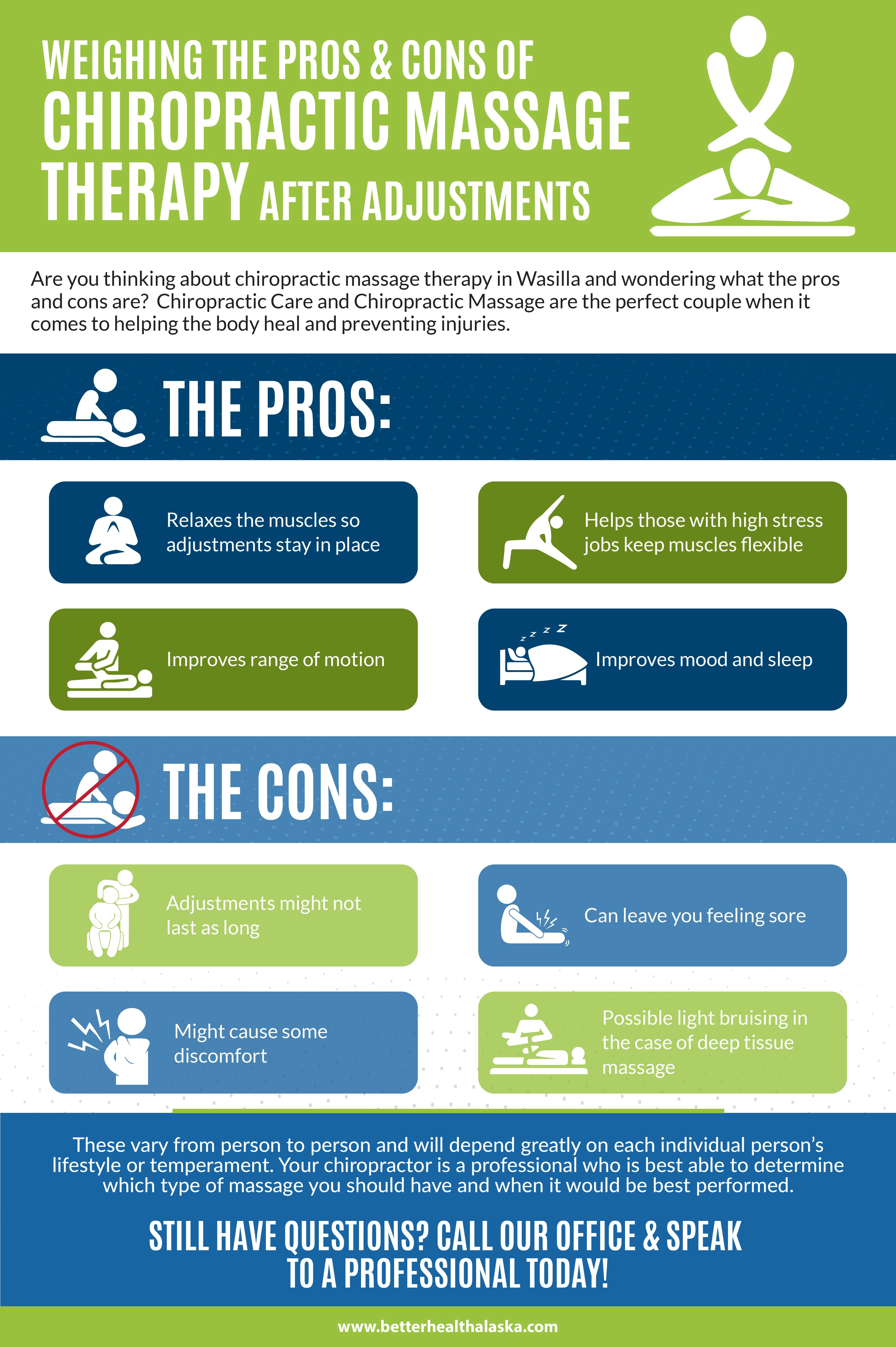Are Chiropractic Adjustments Habit-Forming? Differentiating Fact From Myth
Are Chiropractic Adjustments Habit-Forming? Differentiating Fact From Myth
Blog Article
Created By-Werner Nygaard
You might have heard that chiropractic changes can lead to an addictive dependence, yet that's a typical mistaken belief. Several individuals locate alleviation without establishing any kind of addiction. It is very important to comprehend real objective of these adjustments and how they suit your general wellness strategy. So, just what does the scientific research claim about chiropractic care and your health? Allow's check out the facts.
Understanding Chiropractic Adjustments and Their Objective
When you think of chiropractic care adjustments, it's important to recognize their objective and just how they work. These modifications intend to correct misalignments in your spinal column and joints, promoting better placement and motion. By using controlled force to certain areas, chiropractic practitioners assist ease pain, enhance function, and improve your overall wellness.
Chiropractic care concentrates on your body's ability to heal itself, highlighting the link in between the back and the nerve system. When your back is straightened, it can reduce nerve disturbance, enabling your body to operate ideally.
Routine changes may likewise help stop future problems, keeping you energetic and pain-free. Ultimately, chiropractic adjustments offer to support your health, improve mobility, and enhance your lifestyle.
Common Myths Regarding Dependency and Chiropractic Care Care
Many people hold misconceptions concerning the partnership between chiropractic treatment and addiction therapy. One common misconception is that chiropractic care changes produce an addiction-like dependency. In truth, several clients locate remedy for discomfort and discomfort, but this doesn't mean they establish a psychological or physical addiction.
One more myth is that chiropractic doctors are simply trying to keep you returning for more modifications. Many chiropractic doctors prioritize your wellness and aim for long-lasting wellness rather than regular gos to.
In addition, some think chiropractic care can replace traditional addiction treatments, yet it should enhance, not replace, evidence-based therapies. Understanding these misconceptions can aid you make informed selections regarding your health and wellness and health without falling target to misinformation.
The Science Behind Chiropractic Care Adjustments and Person Experience
While some might examine the effectiveness of chiropractic care modifications, an expanding body of research supports their function in easing pain and boosting general function.
Research studies indicate that back manipulation can lower pain from conditions like reduced neck and back pain, stress migraines, and neck discomfort. When you undertake chiropractic care, the modifications intend to bring back correct positioning, improving your body's all-natural healing capacities.
Numerous clients report boosted movement and a higher sense of health after therapy. In back solutions , the restorative relationship you build with your chiropractic physician can improve your experience, as they give customized care customized to your requirements.
This combination of clinical support and favorable person experiences assists clarify why chiropractic changes work for several individuals seeking alleviation.
Verdict
Finally, chiropractic modifications aren't addictive; they're made to improve your well-being and advertise proactive health care. By debunking the myths bordering dependence, it's clear that these therapies can give considerable alleviation without creating a cycle of addiction. Welcoming does kaiser cover chiropractic care as a corresponding strategy to traditional treatments can result in better health outcomes. So, if you're taking into consideration changes, felt confident that they have to do with improving your lifestyle, not creating a dependence.
